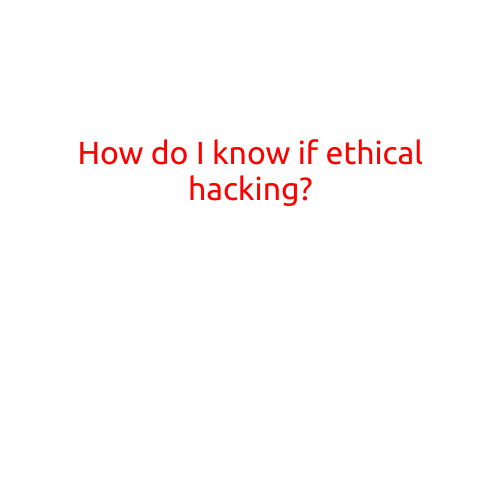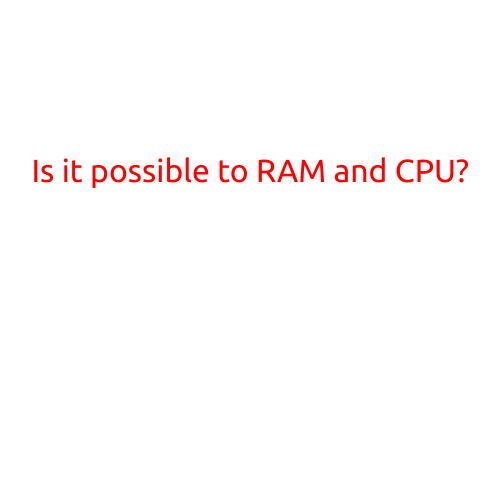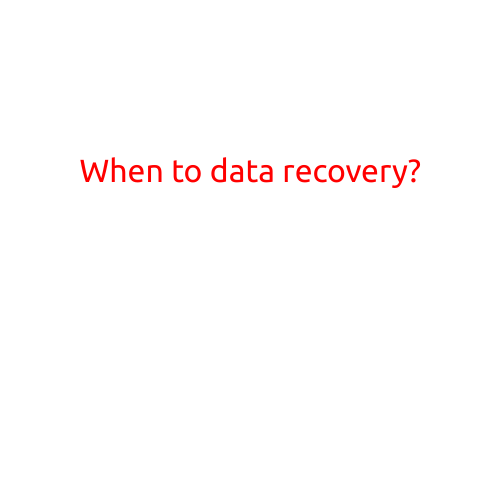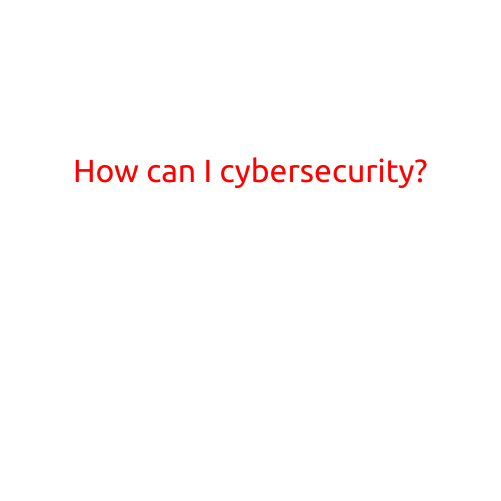
How Do I Know If I’m an Ethical Hacker?
As the world becomes increasingly digital, the demand for skilled cybersecurity professionals is on the rise. One such profession is ethical hacking, also known as penetration testing. But what exactly is ethical hacking, and how do you know if you have the skills and expertise to become an ethical hacker?
What is Ethical Hacking?
Ethical hacking, also known as white-hat hacking, is the practice of testing computer systems, networks, and applications to identify vulnerabilities and weaknesses, with the intention of improving their security. Ethical hackers use their skills and knowledge to hack into systems, but with the permission of the system owner, and without using the skills for malicious purposes.
What Skills Do Ethical Hackers Need?
To be an effective ethical hacker, you need to have a combination of skills, including:
- Programming skills: Ethical hackers need to have a deep understanding of programming languages, such as C, C++, Python, and Java.
- Networking skills: You need to have a solid understanding of computer networks, including protocols, firewalls, and routers.
- Operating system knowledge: You should be familiar with various operating systems, including Windows, Linux, and macOS.
- Vulnerability identification: You need to be able to identify and exploit vulnerabilities in systems and applications.
- Creative problem-solving: Ethical hackers need to be able to think outside the box and come up with creative solutions to complex problems.
- Communication skills: You need to be able to clearly and effectively communicate your findings and recommendations to system owners and stakeholders.
How Do I Know If I’m an Ethical Hacker?
If you have the skills and expertise mentioned above, you may want to take the following steps to determine if you’re an ethical hacker:
- Join online communities: Join online communities, such as Reddit’s netsec community, to connect with other ethical hackers and learn from their experiences.
- Participate in bug bounty programs: Participate in bug bounty programs, such as HackerOne or Bugcrowd, to gain practical experience in identifying and reporting vulnerabilities.
- Take online courses: Take online courses, such as those offered by Udemy, Coursera, or edX, to learn more about ethical hacking and improve your skills.
- Get certified: Consider getting certified as an ethical hacker by obtaining a certification, such as the Certified Ethical Hacker (CEH) or the Offensive Security Certified Professional (OSCP).
- Network with other ethical hackers: Attend conferences and meetups, and connect with other ethical hackers to learn from their experiences and stay up-to-date on the latest trends and techniques.
What Are the Benefits of Being an Ethical Hacker?
As an ethical hacker, you’ll have the opportunity to:
- Improve your skills: Ethical hacking requires you to stay up-to-date with the latest technologies and techniques, which can help you improve your skills and knowledge.
- Make a difference: Ethical hackers play a critical role in helping organizations improve their security and reduce the risk of cyber attacks.
- Earn a good income: Ethical hackers are in high demand, and can earn a good income as a result.
- Work on challenging projects: Ethical hacking involves working on challenging projects, which can be rewarding and fulfilling.
- Join a community: The ethical hacking community is known for being supportive and collaborative, and can provide a sense of belonging and camaraderie.
Conclusion
If you’re interested in becoming an ethical hacker, the first step is to assess your skills and expertise. If you have a solid foundation in programming, networking, and operating systems, and are willing to put in the time and effort to learn more, you may have what it takes to become an effective ethical hacker. Remember to join online communities, participate in bug bounty programs, take online courses, get certified, and network with other ethical hackers to further develop your skills and expertise.





